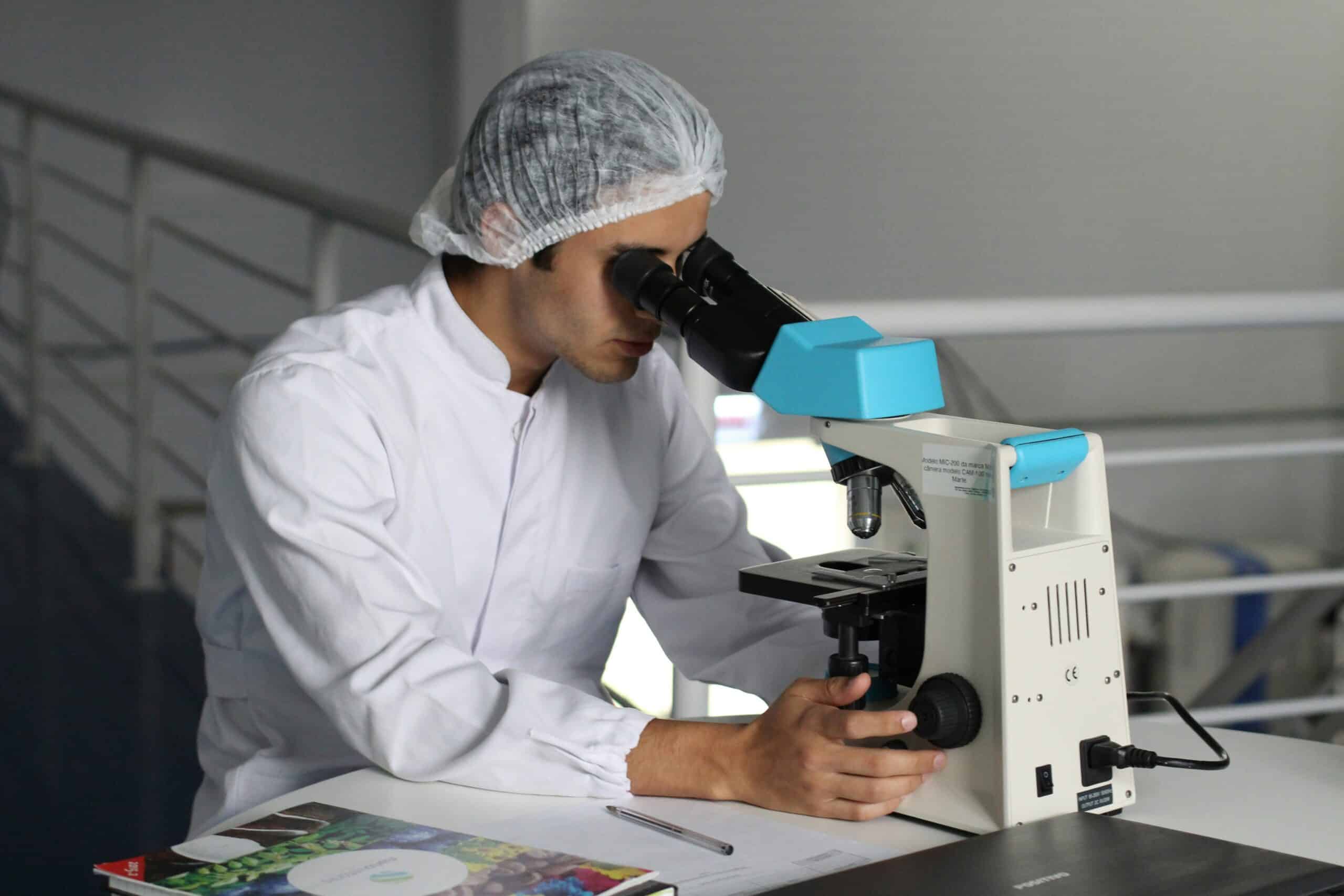
Public Trust in Science
Scientists’ Views
Section 01
Survey Overview and Demographics
General Overview
Study Date: 21.09.21–11.10.21
Geographic Coverage: United States
Expertise:
- 31% Biology
- 69% Public Health
Response Overview
Sample Size: 2551
Valid Responses: 579
Response Rate: 19.7
Date initial findings posted: 11.22.21
Most recent update: 11.22.21
Days survey in field: 28
Average response time: 12
Survey Demographics
Respondent Demographics:
- 46% Female
- 54% Male
- 100% Academic
- 0% Industry
Language(s): English
Section Overview
In this survey, we asked scientists about their opinions and experiences related to factors that may influence the public’s trust in science. Other results from this survey address scientists roles in fostering trust and the impact of different science news sources. This survey was designed in consultation with ASU’s News Co/Lab.
Question
Several studies have shown that public trust in science has varied over time. In your opinion, how much do each of the following reasons increase or decrease public trust in science? (N=549)

Finding
The majority of the respondents believe that public trust in science has decreased due to insufficient science education (79%), contradictory science findings (78%), active disinformation campaigns (78%) and researchers not communicating effectively with the public (76%).
Almost half of respondents felt that the following would have no impact on public trust:
- The questions many scientists ask don’t address public needs (47%)
- Belief that scientists do not care about people (49%)
Question
How responsible are scientists for increasing the public’s trust in science? (N=548)

Finding
70% of the respondents think scientists are extremely responsible for playing a role to increase public trust.
Question
Of the following potential strategies for enhancing public trust in science, please indicate how much you believe each would help increase public trust? (N=537)

Finding
54% of the respondents believe demonstrating the practical applications of scientific research would help considerably to enhance public trust in science.
35% of the respondents think that recruiting lay spokespersons to promote science would help considerably to increase public trust.
42% of the respondents think that promoting research findings on social media would do little to help increase public trust.
Question
How much do you believe that each of the following helps increase public trust in science: [helps considerably, helps somewhat, helps a little, does not help at all] (N=528)

Finding
The majority of the respondents (87%) think exclusive focus on producing research does not help at all to enhance public trust in science. Also, close to half of the respondents (42%) think engagement on social media does not help at all in increasing public trust in science.
About one third of the respondents (38%) think direct interaction with K-12 educators can help considerably to increase public trust in science.

